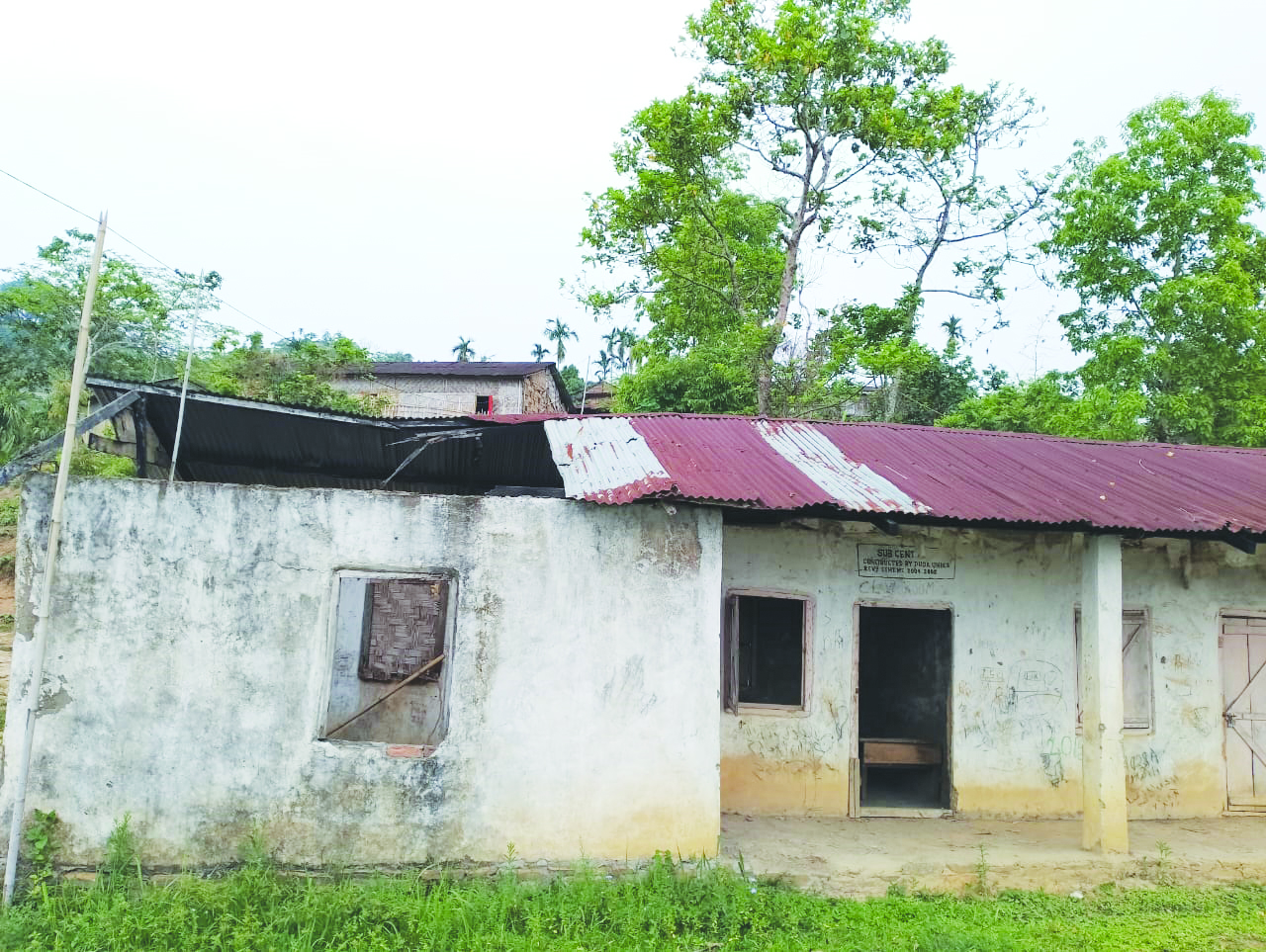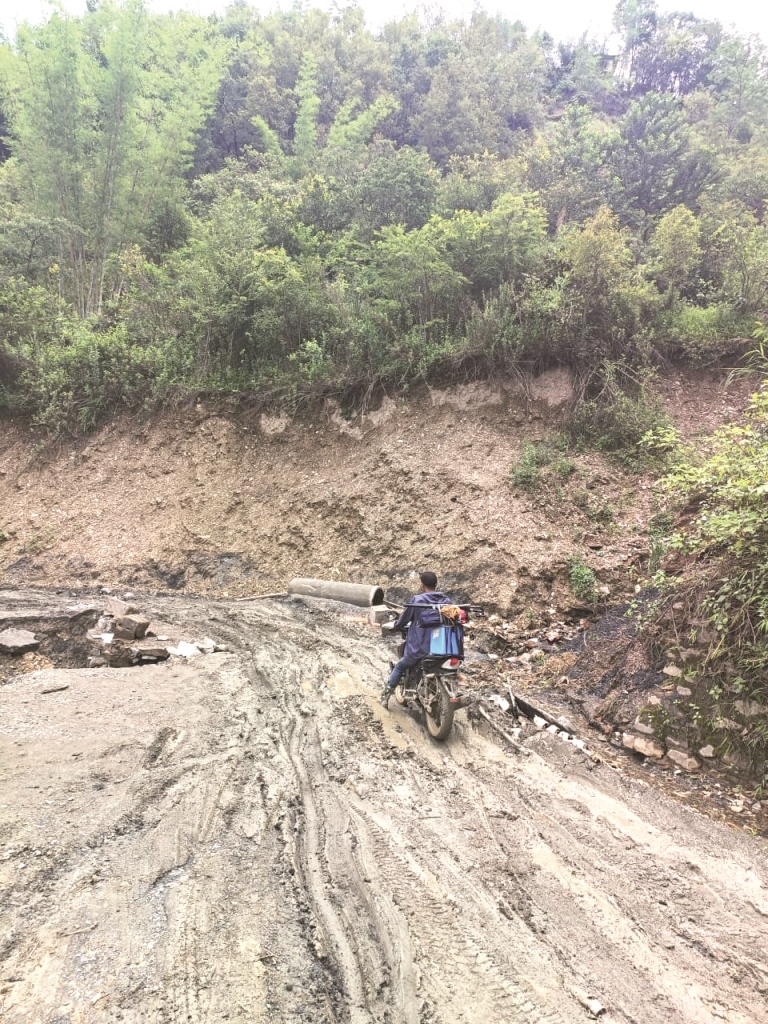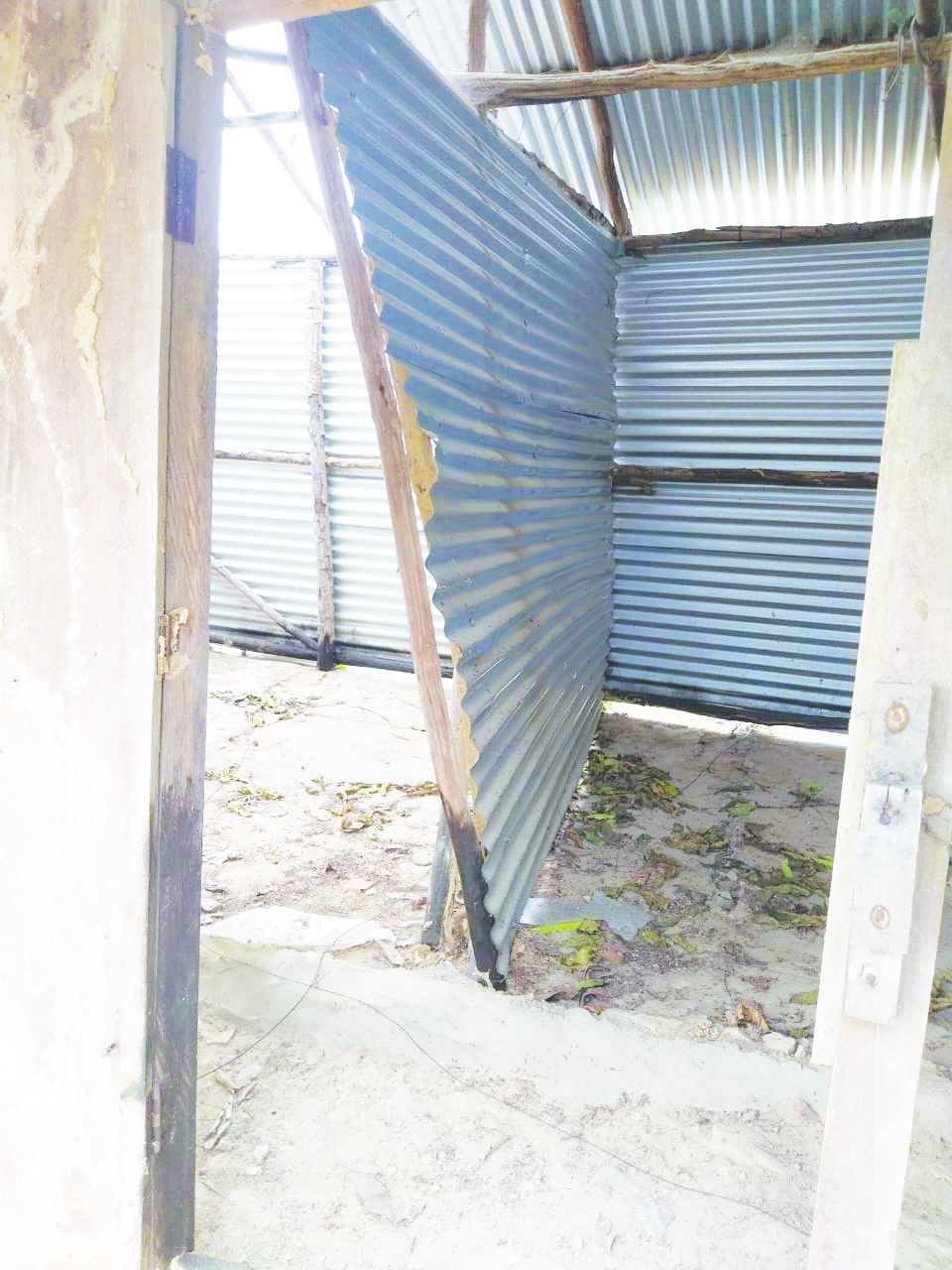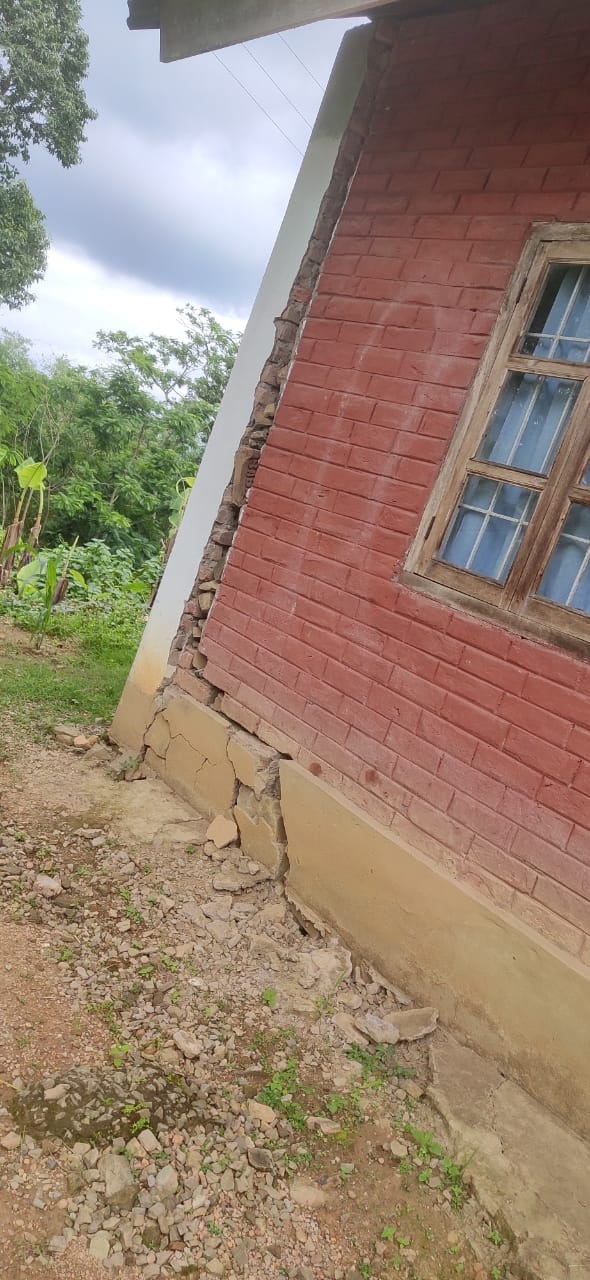FRIDAY, MAY 09, 2025
- Home
- All’s not well with wellness centres in Nagaland
All’s not well with wellness centres in Nagaland
Published on Oct 29, 2023
Share

DIMAPUR — It seems all is not well with the Health and Wellness Centres (HWCs) spread across Nagaland, as dozens of such facilities, especially in the rural areas, are in dire straits with no basic infrastructure, manpower and medical equipment, besides other issues.
As per the MoHFW, there are 1, 61,331 (approx. 1.61 lakh) functional HWCs in the country, as on October 27, 2023. The government of India launched HWCs under Ayushman Bharat programme in 2018, in a bid to provide a range of comprehensive health care services like preventive, promotive, curative, rehabilitative and palliative care for all ages.
According to information provided in the Health and Family Welfare department portal, under HWC, Nagaland has 417 Sub Centres (SCs), 136 Primary Health Centres (PHCs), and 22 Community Health Centres (CHCs).
However, the latest data about the HWCs in Nagaland, which is available with Eastern Mirror, revealed that many health centres do not have basic facilities like staff quarter, washrooms, water supply, medical equipment and medical supplies.

As per the data provided to this newspaper, as many as 11 HWCs in the state exist only in papers with no infrastructure, while 17 facilities are in ‘poor condition’; 11 centres lack manpower; six face poor or no means of transportation; and three have no electricity. (Refer table)
A health worker, who wished to remain anonymous and also requested not to reveal the village name, recounted how they had to turn a log cabin with three rooms -- one used for the staff to state and the other two as OPD – into a health centre.

With no washroom or toilet, they constructed a temporary shed out of polythene sheet but that too had to be taken down after receiving complaints from neighbours. So, they had to use bathroom of a neighbour.
“Our health centre is a dingy structure with very few facilities. Getting access to power supply is another major challenge as most of the villagers come to the health centre after they come back from the field, and by that time it is dusk.
“In rural areas, there is hardly any good motorable road and the poor road linkage and availability of transportation makes it difficult. In emergency situations, the villagers and even we are compelled to hire private vehicles which is expensive,” lamented a health worker posted in rural area.
Workers from other areas bear the brunt of poor facilities, including lack of transportation, no quarter, no proper health centre, no proper electricity coupled with untimely payment of salary and incentives.
Besides irregular payment of salary, the incentives are paid only after six-seven months, that too after being pressurised, and this makes it difficult for health care workers to manage everything from their pockets, especially when they are posted in a village with no basic facilities, it was informed.
It is even more challenging to female workers who are stationed in rural areas due to lack of basic facilities like washroom.

‘When it comes to healthcare in rural areas, there are considerable challenges in setting up medical facilities and providing services. The main challenges to the rural healthcare sector are low quality of care, poor accountability, lack of awareness, limited access to facilities, limited manpower coupled with poor community participation. When the community itself is not willing to avail better health care services and cooperate in voicing one’s own rights, what can the employees alone do?’ asked an employee who has been posted at a health centre for the past three years.
The health worker went on to express the need to educate the rural population on the importance of medical services and their rights to access them.
The source went on to say that there is a huge gap between the urban and rural areas in terms of healthcare infrastructure and services.
Poor patients in rural areas have to travel long distance to access good healthcare services, for which they have to spend more on conveyance as well as accommodation, if they don’t have relatives to host them.
[bsa_pro_ad_space id=1]Condition of HWCs in Nagaland
| District | HWCs with no infrastructure | HWCs in poor condition | HWCs with manpower shortage | HWCs with poor or no means of transportation | HWCs with no electricity | ||
| Chümoukedima | Thilixu, Shozukhu, Ikishe, Diphupar, Chekiye | Diezephe, Razephe, Seithekema, Daniel, Shokhuvi, Socunoma | Vidima | ||||
| Dimapur | Sangtamtila, Rilan | Samaguri, Rilan, Zuthoi | |||||
| Longleng | Nyang | Yaongyimchen | |||||
| Niuland | Nihokhu, Khehoku | Nitozu, Khaghaboto, Homeland, Lotovi | Hovishe, L.Vihoto | ||||
| Noklak | Kingniu, Yakao, Langnok | Choklangan, Sanglao, Langnok, Lengnyu, Wui | |||||
| Peren | Benreu | New Nikio | |||||
| Phek | Kotisu | Phokhungri, Tsufume | Matikhru, Phokhungri | ||||
| Tuensang | Peshu | ||||||
| Wokha | Longtsung, Wozhu | Okotso | Wozhu | Tssori | |||
Caption: (Clockwise):
Also read: Economic Advisory Council-PM team promises to address issues faced by Nagaland entrepreneurs

